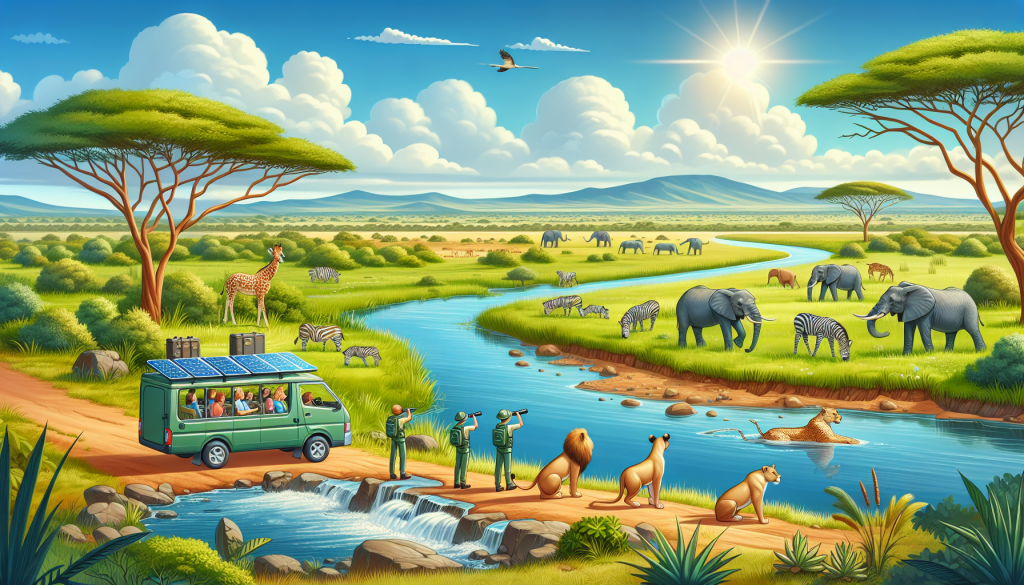
Sustainable Safari: Eco-Friendly Wildlife Encounters in Africa
The Benefits of Sustainable Safaris
Sustainable safaris, also known as eco-safaris, are designed to minimize the impact on the environment and support ethical and responsible wildlife encounters. These types of safaris are gaining popularity among travelers who are becoming more conscious of their environmental impact and want to support conservation efforts.
One of the key benefits of sustainable safaris is that they promote the well-being of both animals and local communities. By choosing to participate in an eco-friendly safari, you are supporting conservation projects and responsible tourism practices that benefit the surrounding communities. This not only helps to preserve the natural habitats of the wildlife, but also provides economic opportunities for local communities, reducing their reliance on destructive industries like poaching and deforestation.
Eco-Friendly Accommodations
When booking a sustainable safari, it’s important to choose accommodations that are eco-friendly. Many eco-lodges and camps in Africa have implemented sustainable practices such as using solar power, recycling, and using locally sourced materials for construction. These eco-lodges also strive to minimize their carbon footprint by reducing the use of single-use plastics and promoting sustainable practices such as water conservation.
Not only do these accommodations have a low impact on the environment, but they also provide a unique and immersive experience for travelers. Some eco-lodges offer opportunities to participate in local community projects and conservation efforts, giving visitors a deeper understanding of the importance of protecting Africa’s wildlife.
Ethical Wildlife Encounters
Sustainable safaris also place a strong emphasis on ethical wildlife encounters. This means avoiding any activities that exploit or harm animals, such as elephant rides or walking with lions. Instead, sustainable safaris offer opportunities for visitors to observe animals in their natural habitat and learn about their behaviors and habitats.
Some tour companies even partner with conservation organizations to offer educational experiences, such as tracking endangered species or participating in conservation research. These types of activities not only benefit the environment, but also provide a meaningful and educational experience for visitors.
Choosing a Responsible Tour Company
When planning a sustainable safari, it’s important to research and choose a responsible tour company. Look for companies that prioritize responsible and ethical practices, such as minimizing vehicle traffic in protected areas and supporting local communities. Some tour companies even offer carbon offset options for travelers to reduce the environmental impact of their trip.
The Time is Now
With the increasing threat of climate change and habitat destruction, there has never been a more critical time to support sustainable practices in the tourism industry. By choosing a sustainable safari, you can play a part in protecting the incredible wildlife of Africa and supporting the local communities that depend on them. So instead of just dreaming about an African safari, make it an eco-friendly reality and contribute to a brighter and more sustainable future for Africa’s wildlife.
